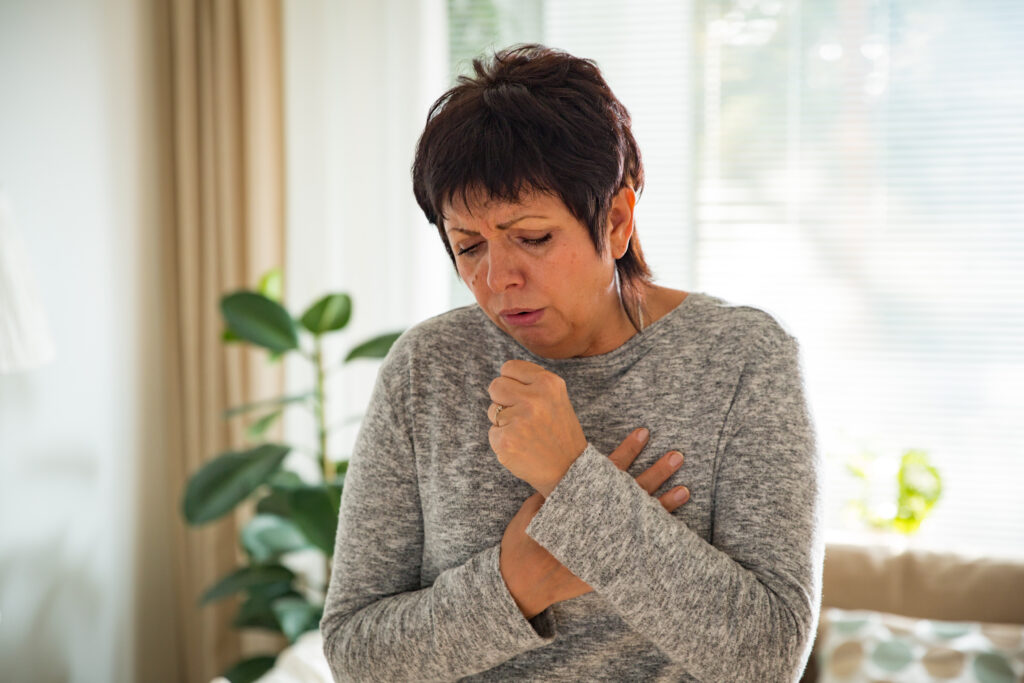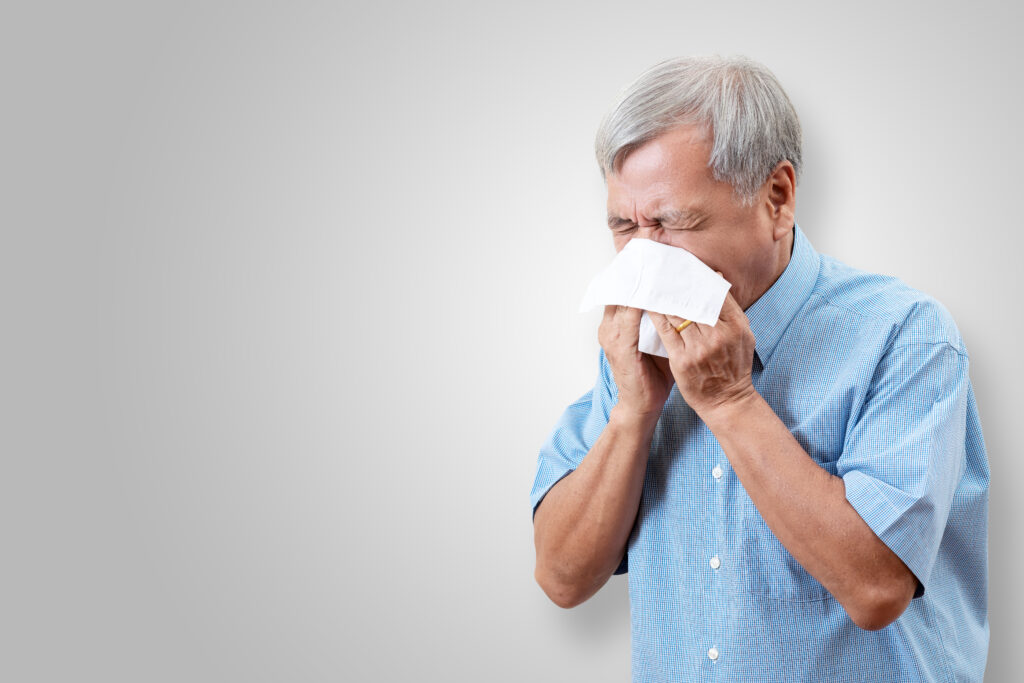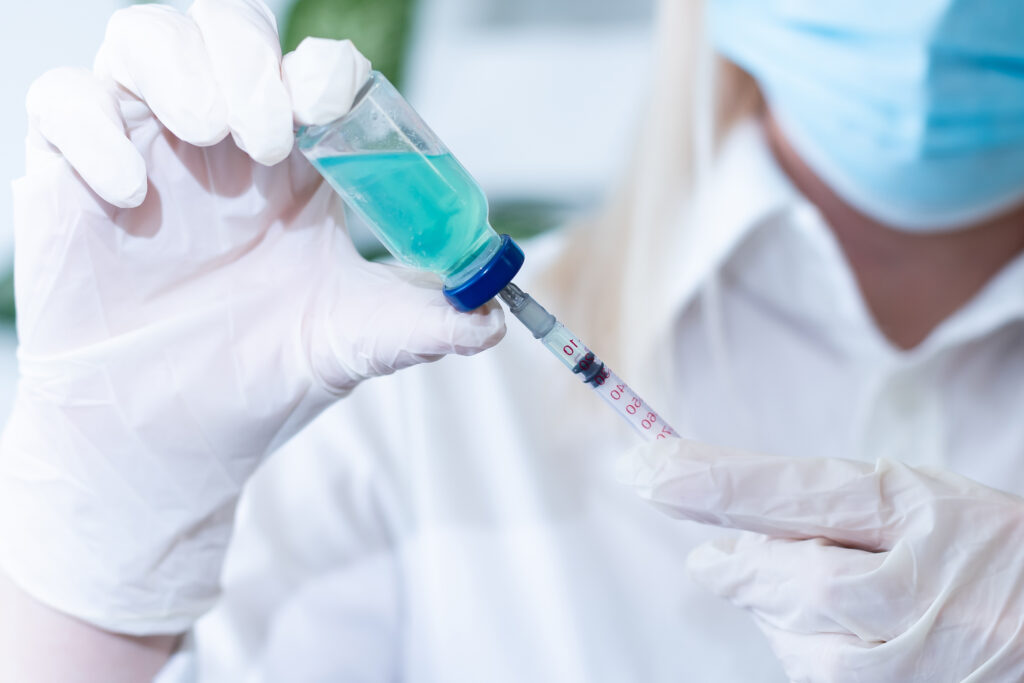
menu

Posted in Uncategorized | October 15, 2024

Does it seem like your allergies only worsen as you get older? It may not be your imagination.
Your symptoms could be getting worse as you age. Allergy symptoms typically fluctuate over time, sometimes increasing in severity due to various factors.
Keep reading to learn if your allergies could be getting worse as you get older, what’s causing this, and ways to alleviate your symptoms.
Allergies occur when your immune system reacts to a substance that is usually harmless to most people. These substances are called allergens. They include certain foods and medications, pet dander, pollen, dust mites, mold, latex, and venom from stinging insects.
Your immune system keeps you healthy. It protects your body from foreign invaders, such as viruses and bacteria, by creating protective proteins known as antibodies.

Antibodies fight and destroy invaders, preventing infections and diseases. When you have an allergy, your immune system makes a specific antibody called immunoglobulin E (IgE).
That particular IgE marks a given allergen as harmful, even though it’s not. The next time you’re exposed to that allergen, your immune system produces the same IgE to eliminate it.
The IgE antibodies attach to mast cells in your nose and eyes, right below the skin, lungs, and intestines. The mast cells then release many chemicals, including histamine, which causes sneezing, a runny nose, itching, wheezing, watery eyes, hives, shortness of breath, and other allergy symptoms.
Allergic reactions vary from individual to individual. They range from minor irritation to a severe, life-threatening reaction called anaphylaxis.
Several factors could be exacerbating your allergies, including:
Your immune system tends to become weaker with age. It changes during a process called age-related decline of immunity that impacts its effectiveness.
Because of this, you could become less tolerant of allergens you previously tolerated. The immune system also produces fewer B-cells and T-cells over time.
A decrease in the number of these protective cells can aggravate your allergies.

Although managing stress at any age is difficult, it can become more challenging to cope with as you age. Your body may have a difficult time recovering from a stressful situation.
If you’re under stress, your body releases chemicals like histamine. The longer you are in a situation that causes stress, the more histamine your body produces.
Histamine is responsible for your allergy symptoms. Elevated histamine levels in your bloodstream can exacerbate your allergy symptoms.
Allergens can worsen with age as a result of being exposed to triggers longer. After developing an allergy, repeated exposure to triggers may increase the severity of the reaction.
In turn, this may lead to an increase in your allergy symptoms, as well as their severity.
Hormonal shifts during pregnancy, postpartum, menstruation, perimenopause, and menopause can cause flare-ups in your allergies due to increased levels of progesterone and estrogen. Estrogen boosts histamine levels, while progesterone downregulates the immune system.
Progesterone is an essential hormone during pregnancy. It’s highest when pregnant and slightly weakens your immune system to enable an embryo to grow without your body considering it a threat.
As the immune system becomes less effective with age, you become more prone to developing chronic health conditions. Some people develop more than one condition at the same time.
Chronic health conditions can make allergic reactions more frequent and much worse.
One of the adverse effects of increased temperatures and pollution is worsening allergies. With temperatures being hotter and lasting longer than ever before, plants have more time to produce more pollen and other seasonal allergens, which can aggravate allergy symptoms.
Pollution is also at an all-time high. Increased levels of carbon dioxide due to pollution have given more energy to plants, enabling them to increase pollen production.
A high pollen count can trigger more severe allergy symptoms.
If allergies have wreaked havoc in your life, there are steps you can take to get your symptoms under control:
To reduce your exposure to allergens:

Immunotherapy is an allergy treatment that gradually changes how your immune system reacts to allergens. Over time, your immune system won’t respond to allergens in the same way, decreasing the severity and frequency of your allergy symptoms.
The treatment involves using a small amount of the substance or substances that trigger your allergies. The allergen extract is administered through shots or drops.
Allergy shots require regular visits to your ENT specialist at Specialty Care ENT. Drops are placed under the tongue and can be safely administered at home.
The allergen extracts in your shots or drops are given in increasing doses, raising your immune system’s tolerance and desensitizing it toward targeted allergens. Immunotherapy is a highly effective treatment for moderate to severe allergies.
The treatment takes 3 to 5 years and provides long-lasting relief.
If your allergies have become increasingly bothersome, the esteemed team at Specialty Care ENT can help you find long-term relief. We provide the most effective treatments, including immunotherapy, for those with severe allergies or who have yet to see success with other treatments.
Have your allergies worsened with age? Schedule your appointment today at Specialty Care ENT in Barrington, Arlington Heights, Hoffman Estates, and Elgin, IL, for lasting allergy relief.